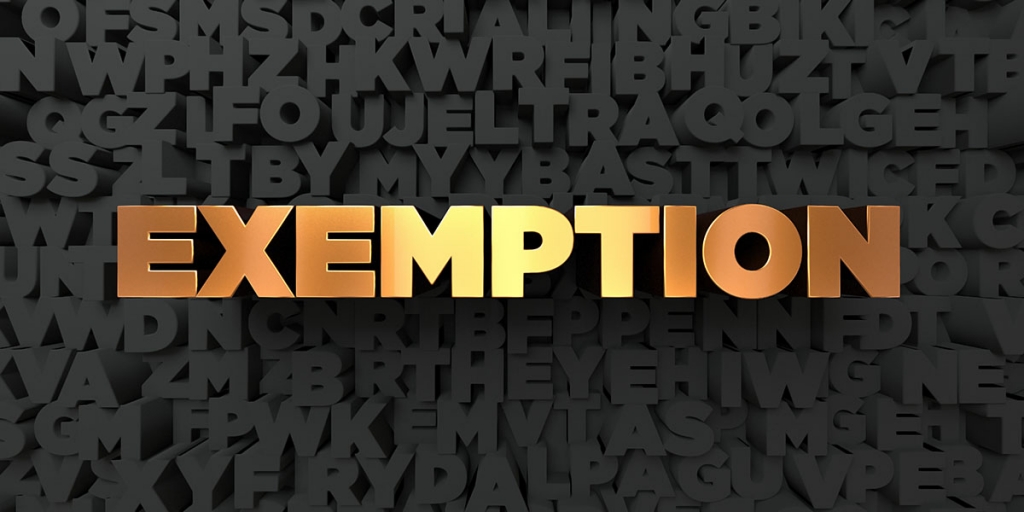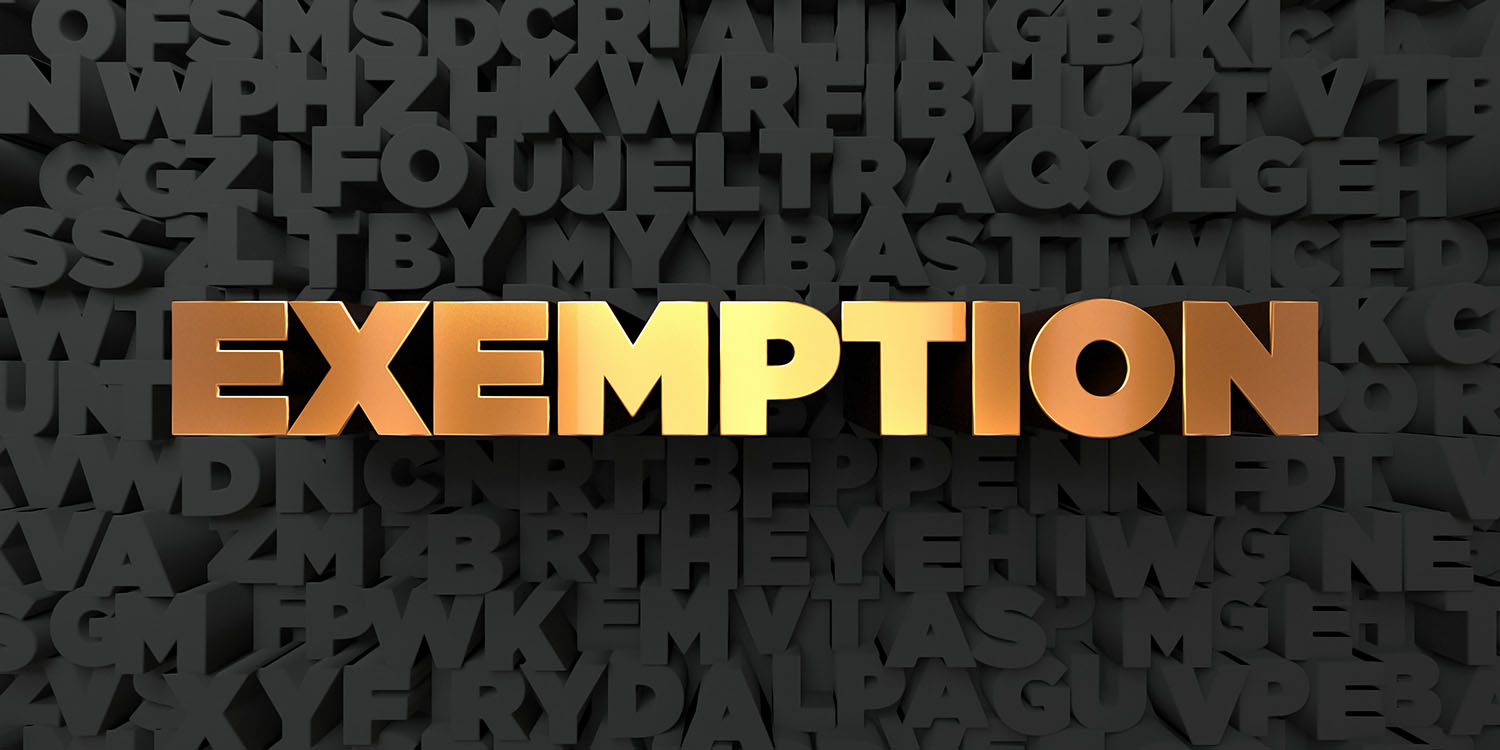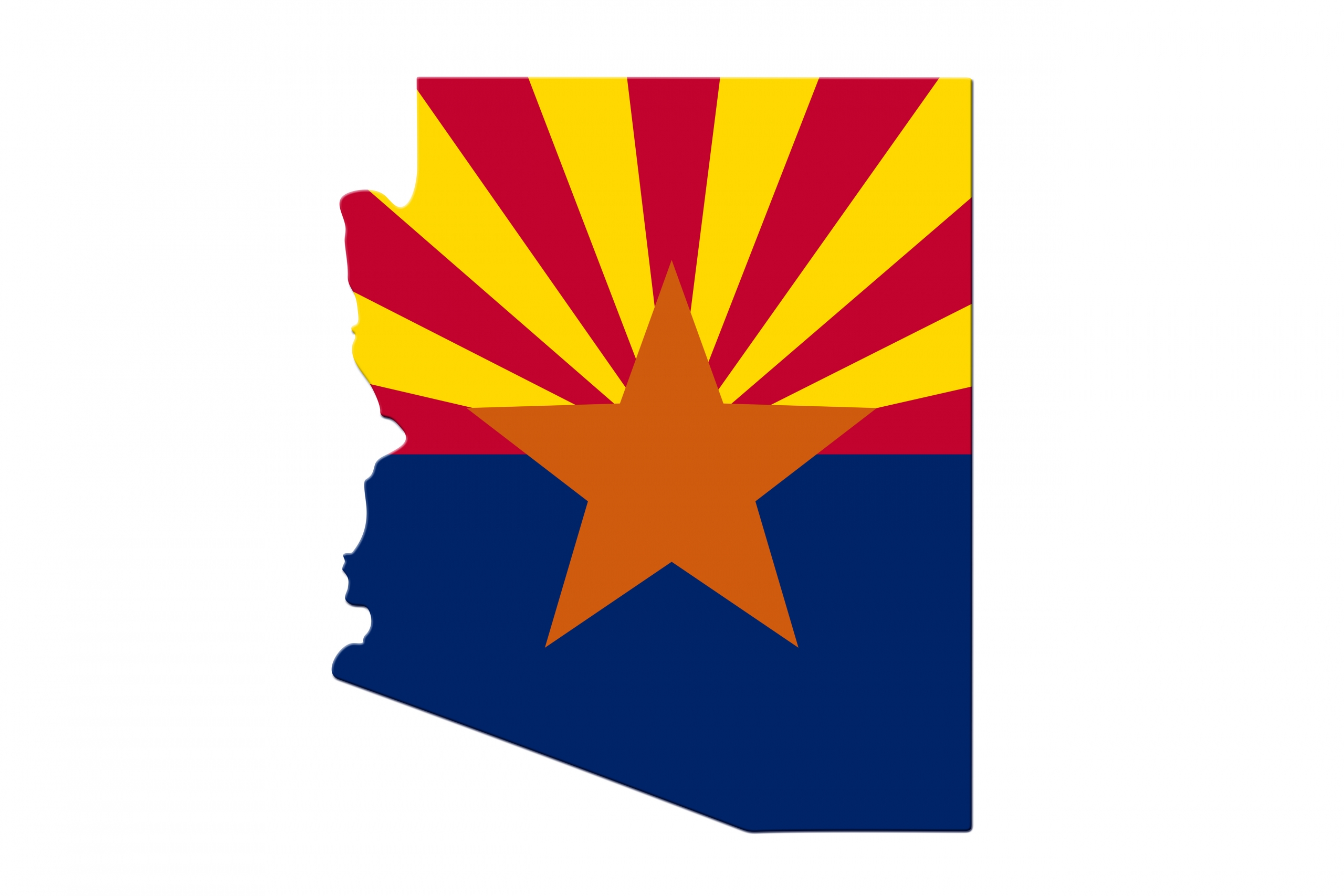ARIZONA BANKRUPTCY EXEMPT PROPERTY PART THREE
Part three of the Arizona exemptions take us to property that is used mainly in businesses. These are exemptions to help protect places like schools, fire stations, public offices (courts, jails, etc.), and places that use heavier equipment to protect some of their assets. This also includes the wages that are obtained by the debtor during the bankruptcy proceedings. Nothing is off-limits if it is not considered an exemption.
SCHOOL EQUIPMENT EXEMPTIONS
The items and/or apparatuses that are used for the instruction of youth in any school, seminary, college, or university are exempt from bankruptcy proceedings. A.R.S. § 33-1127
FIRE FIGHTING EQUIPMENT EXEMPTIONS
All fire engines, ladders, hooks, hoses, buckets, furniture, uniforms, and apparatuses used by firefighters in a department formed under Arizona law are exempt in a bankruptcy. A.R.S. § 33-1128
PUBLIC PROPERTY EXEMPTIONS
All public buildings and the items that are inside of them are exempt as follows: A.R.S. § 33-1129
- Courthouses
- Jails
- Public offices and buildings
- Public grounds and lots
- Cemeteries
- Public city squares
- Parks and other public open spaces for gathering
- Townhall
- Markets
- Buildings used for fire stations and military organizations
This is all-encompassing of any public building, office, lot, or grounds that are for the protection, health, and service of the public.
TOOLS AND EQUIPMENT EXEMPTIONS
- Any equipment, tools, instruments, and books (this is inclusive of client contact information, phone numbers, marketing tools for business, and any other intangible work products used) that belong to the debtor or the debtor’s spouse that are used to carry out or develop the commercial activities, trade, or profession. The fair market value of these things cannot exceed $5,000. The definition of tools does not include automobiles that are personally used by the debtor for the family or as a means of transportation to and from work. A.R.S. § 33-1130 (1)
- Farm equipment like machinery, utensils, husbandry implements, grains, seeds, feeds, and animals that belong to the debtor with a value that is not to exceed $2,500. The only way to claim this exemption is if the primary income source of the debtor is from farming. A.R.S. § 33-1130 (2)
- Exemptions shall include, as required by the law, to include all uniforms, arms, and other legally exempt items. A.R.S. § 33-1130 (3)
EXEMPTIONS FOR WAGES, SALARIES, AND COMPENSATIONS
A debtor’s disposable income is considered any wages, bonuses, commissions, or income that they acquire including payment from a pension or retirement fund. The amount of disposable income is figured after deducting the amounts that are required to be withheld by law. Once the disposable income has been figured, in a chapter 7 bankruptcy, the trustee can withhold 25% of those earnings. This leaves the debtor 75% to live and support their family. This exemption does not apply in a chapter 13 bankruptcy because it is a restructuring of debt to be paid upon for the next three to five years, or as decided upon by the bankruptcy courts.




